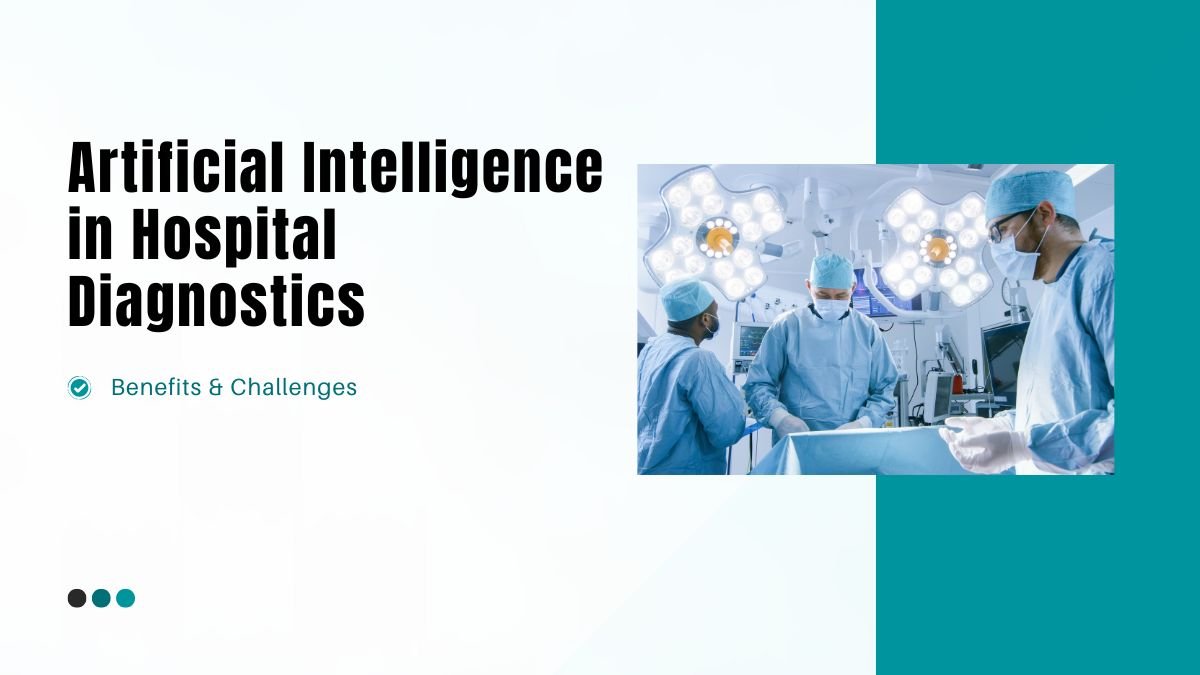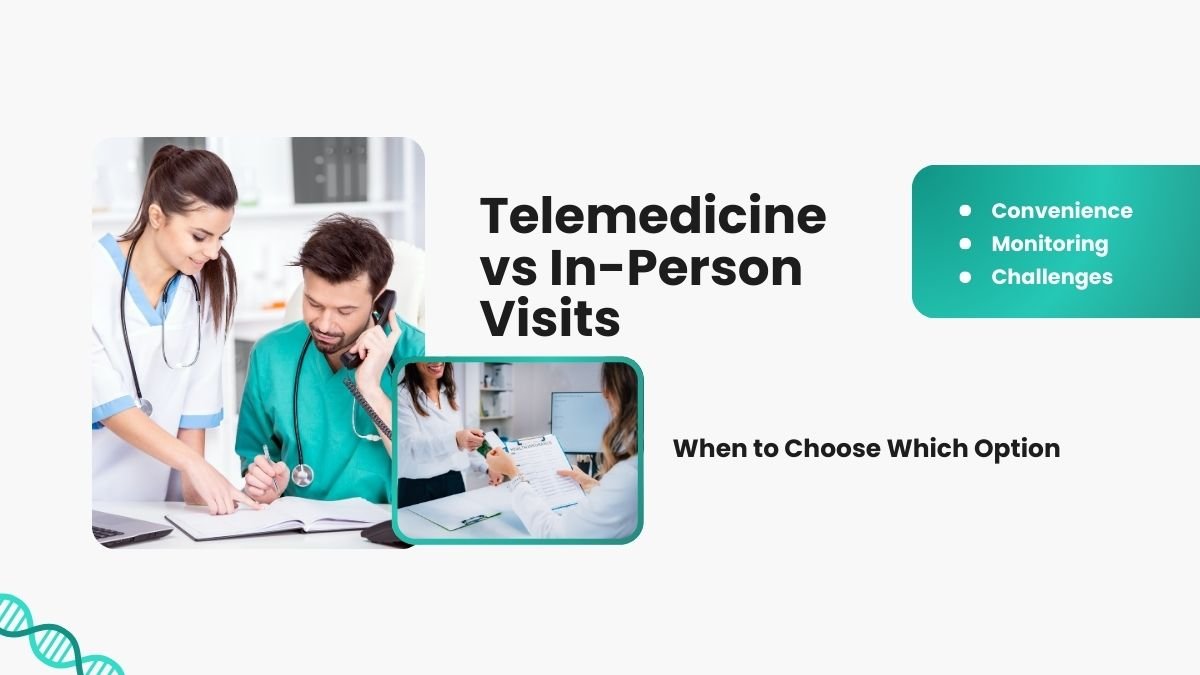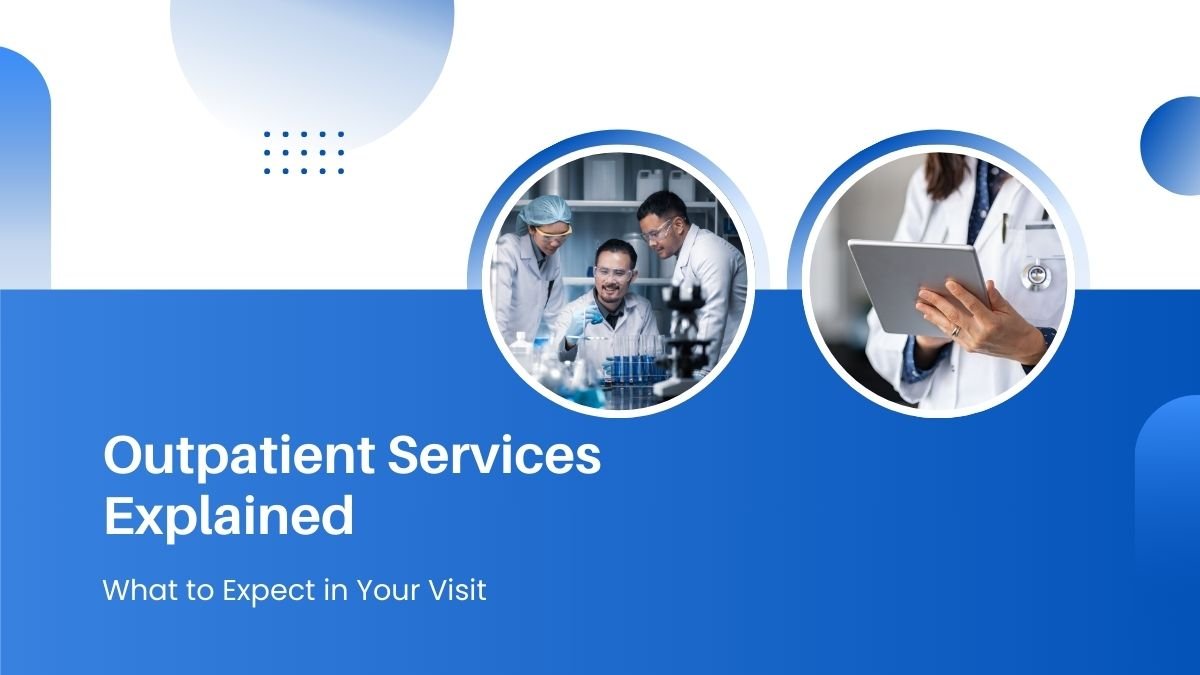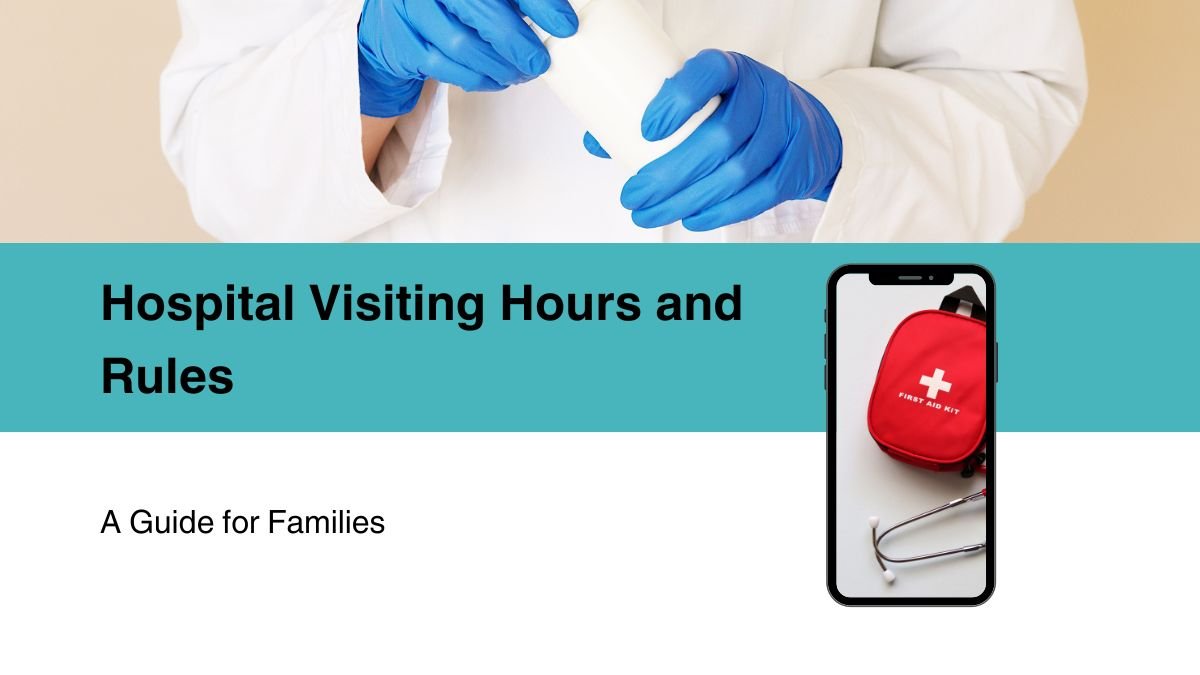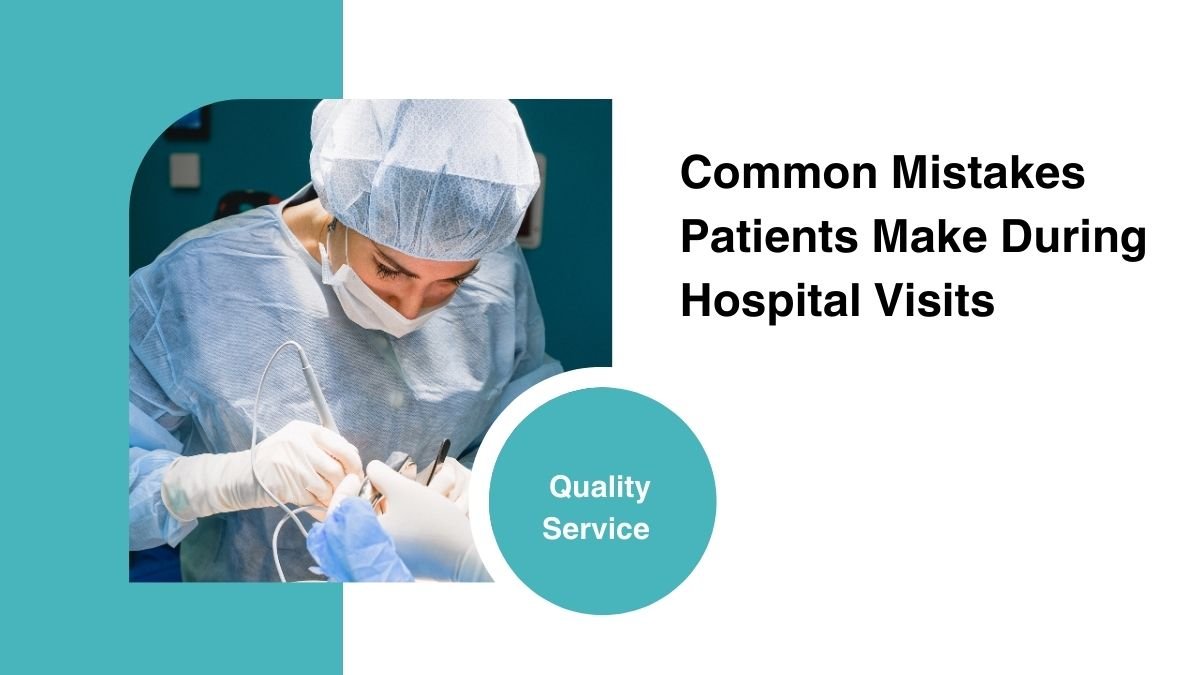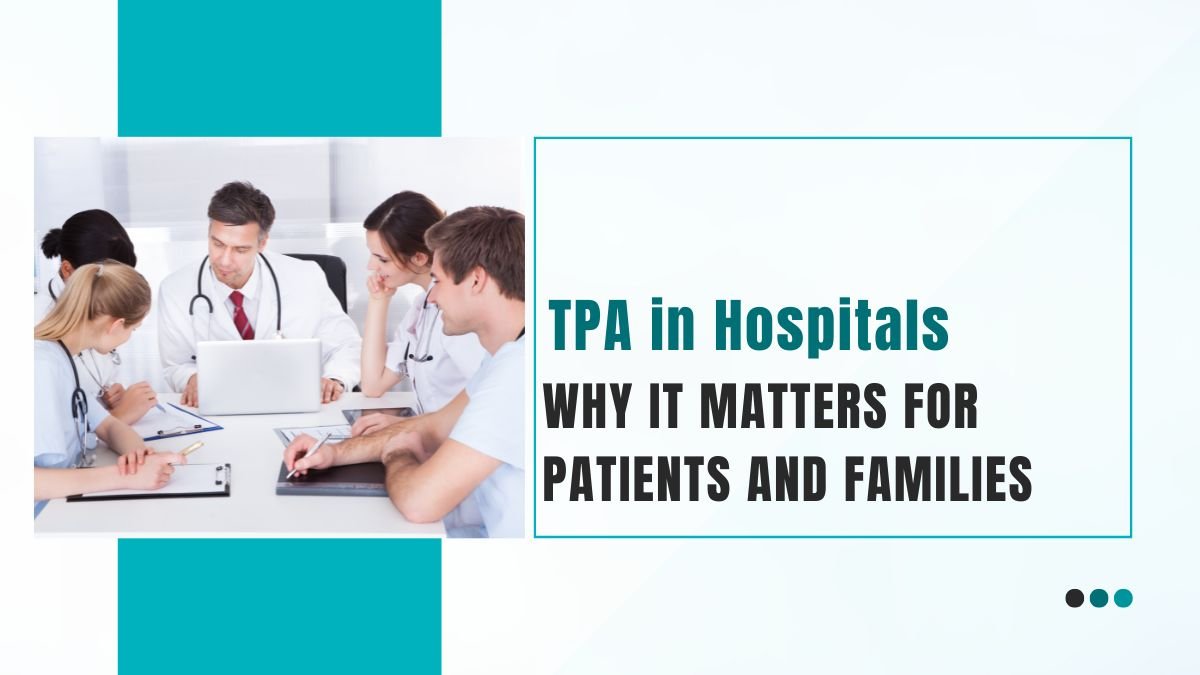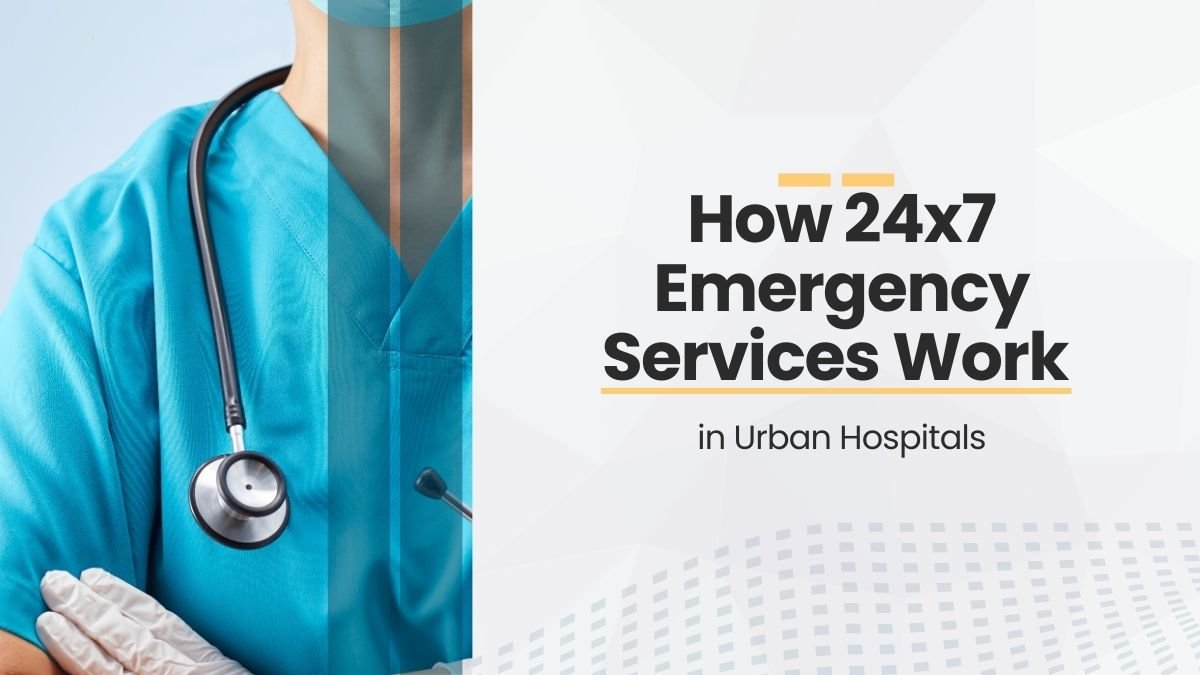AI in Hospitals – A New Era of Fast, Accurate and Personalized Diagnosis
Today’s healthcare sector is rapidly transforming with the integration of Artificial Intelligence (AI). Where once doctors required hours or days to diagnose illnesses, AI now enables accurate results in mere minutes or seconds. By “thinking” and “learning” like humans, AI is revolutionizing diagnosis and helping doctors deliver faster, more effective treatments.
Benefits of AI in Hospital Diagnosis
1. Enhanced Diagnostic Accuracy
- AI algorithms can interpret medical images such as X-rays, MRIs, and CT scans with exceptional precision.
- They can detect diseases like cancer in the earliest stages — sometimes before radiologists spot them.
- Example: AI-based systems have identified breast cancer cases more accurately and earlier than human specialists.
2. Faster Diagnosis
- AI processes large datasets within seconds, critical in emergencies like strokes or heart attacks.
- Example: For stroke patients, AI can instantly analyze MRI scans to locate blockages and guide urgent treatment decisions.
3. Personalized Treatment
- AI evaluates a patient’s full medical history, lifestyle, and genetic data to design tailored treatment plans.
- Helps improve treatment outcomes and reduce side effects.
- Example: In cancer care, AI can predict the ideal chemotherapy dosage for a specific patient.
4. Improved Efficiency
- AI automates repetitive tasks, allowing doctors to focus on complex cases.
- Reduces workload, speeds up reporting, and minimizes human error.
5. Remote Patient Monitoring
- AI-enabled devices continuously measure vital signs like heart rate, blood pressure, and oxygen saturation.
- Example: A diabetic patient’s glucose levels can be monitored remotely, with alerts sent to doctors if readings cross safe limits.
6. Reduced Costs
- Early detection prevents lengthy, expensive treatments.
- Minimizes unnecessary tests and hospital stays.
7. Data-Driven Insights
- AI can identify health trends by analyzing millions of patient records.
- Example: Detecting annual dengue outbreaks after monsoons can help plan preventive measures in advance.
Challenges and Risks of AI in Hospitals
1. Data Privacy & Security
Patient medical data is sensitive and must be protected from cyber threats.
2. Algorithmic Bias
Biased training data can lead to inaccurate diagnoses for certain patient groups.
3. Lack of Transparency
Some AI systems operate as “black boxes,” making it hard for doctors to understand the decision-making process.
4. Need for Human Expertise
AI assists doctors but cannot replace human judgment and clinical experience.
5. Integration Challenges
Updating legacy hospital systems to work with AI requires significant investment and technical planning.
6. Ethical Concerns
Patients must be informed if AI is involved in their diagnosis. Clear accountability is needed in case of errors.
7. Lack of Regulatory Framework
Strict guidelines are essential to ensure safe and ethical AI use in healthcare.
8. Cost of Implementation
AI adoption demands high spending on equipment, software, training, and maintenance.
Conclusion – Adoption with Caution
AI is transforming hospital diagnosis by making it faster, more accurate, and highly personalized. It is an invaluable assistant to doctors, but not a substitute for their expertise. With proper data security, transparent algorithms, and continuous human oversight, AI can be a true game-changer in healthcare. The future may see AI, machine learning, and robotics combining to create a patient-focused system where treatments are not just swift and precise, but also uniquely tailored to each individual.
